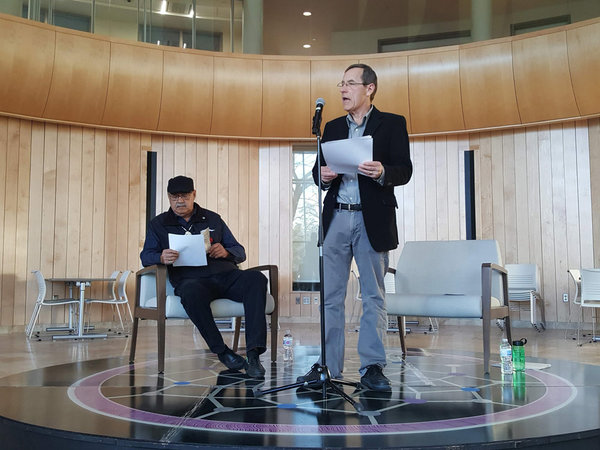The archaeology and anthropology department at the University of Saskatchewan has issued a statement recognizing past mistakes in their work involving Indigenous communities.
“Particularly in the early years of the discipline, archaeologists and anthropologists failed in their responsibility to respect the people. Simply put, there have been times in the history of the relationship between Indigenous peoples and our disciplinary ancestors in which that respect was lacking,” the statement says. “Our discipline was the first in North America to work in and alongside Indigenous communities to explore and document their cultural diversity and rich history. Through the lens of contemporary scholarly and public values, we acknowledge that many errors were made in that study.”
The department’s statement is an official commitment to work towards reconciliation with Indigenous people.
“Reconciliation, for us, starts with an acknowledgement of past wrongs in our discipline’s scholarship and provides a pathway for charting our future course of symbiotic, relational, engaged and impactful scholarship,” the statement says.
Department of archaeology and anthropology professor James Waldram drafted the statement on reconciliation but says it was a collaborative effort that involved an extensive consultation process.
“We talked to elders, residential school survivors, students and Indigenous people in the community,” he explains. “People offered different ideas about what should go in it and what should be taken out. It probably went through 15 drafts.”
The statement coincides with the department’s 50th-anniversary lecture series with the theme of archaeology and anthropology in an age of reconciliation and engagement.
“In this, our 50th year, we seek to acknowledge our roots as a discipline whose history is fundamentally interrelated with that of Indigenous peoples, from time immemorial to today, while looking to the future as we continue to build on a relationship of respect,” Waldrum says. “We seek to find a path for disciplinary reconciliation. We seek to honour the stories of the survivors of residential schools. And, in doing so, we seek to become the best scholars and students we can be. The university has embraced the idea of reconciliation and encouraged all of us to embrace it. So, it seemed logical to us that we would frame an official response.”
(PHOTO: Archaeology and anthropology professor James Waldram reading the statement on reconciliation with Elder Eugene Arcand. Photo courtesy of the University of Saskatchewan)
